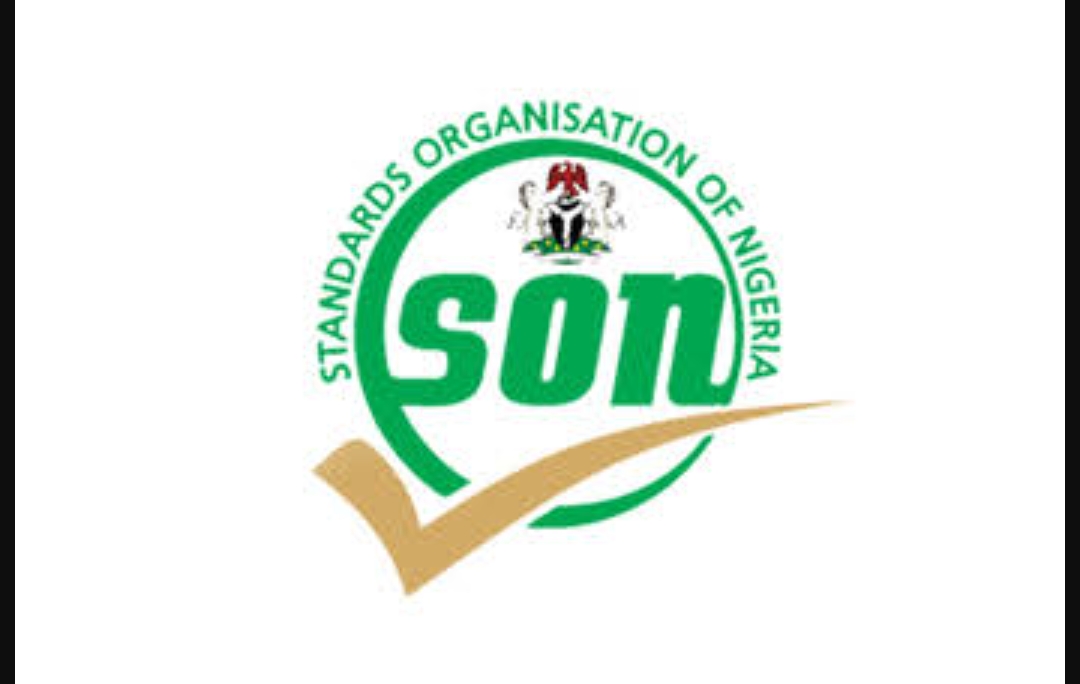
The Standards Organization of Nigeria (SON) has assured that its newly introduced Product Authentication Mark (PAM), which is a harmonization of all existing SON Conformity Assessment Programmes, including MANCAP, SONCAP and Product Registration are designed to protect manufacturers, importers and consumers in the country.
PAM, which is a digitally embedded high-security sticker that will be placed on SON-regulated products by bona-fide manufacturers and genuine importers of goods in Nigeria, is a quality assurance tool designed to check the unprecedented influx of substandard goods and counterfeit products regulated by SON into the Nigerian market.
As a requirement for manufacturers and importers, it is mandatory for all local and imported products regulated by SON; however, any other importer or manufacturer who is not regulated by SON can still participate in PAM voluntarily. Meanwhile, local assembling organisations, associations, and trade organisations can also approach SON about PAM implementation for their products.
Speaking recently at a stakeholders’ sensitization programme in Lagos, Director, Product Certification Department of SON, Engr. Enebi Shaibu Onucheyo, noted that the PAM is primarily designed to protect genuine manufacturers and importers from the counterfeiting of their products as well as the consumers by enabling them to verify the authenticity of a product before paying for it.
Onucheyo, who further disclosed that the PAM is not a duplication but rather a harmonization of all SON’s conformity assessment programmes, is part of efforts to make it easy for consumers to verify the quality of all SON-regulated products at the point of sale before purchase.
It was learnt that the implementation of PAM is not limited to Nigeria (SON), but is also currently being implemented in other African countries seeking to eliminate product counterfeiting.
Enebi said:
“Part of the reasons for the introduction of the new Product Authentication Mechanism is that it provides a more preventive measure required to curb faking and counterfeiting, as it makes it possible for products to be labeled as authentic from the onset. It also gives consumers more power to check products and broadens the opportunity of discovering fake products beyond SON routine checks.
“PAM allows for better monitoring of imported products as well as traceability of products in cases of recall while making the resolution of product disputes easier for an importer or manufacturer, who will not be able to disown his own products.
“This makes warranty claims easy to resolve. Consumer-generated information will help SON monitor product distribution, point of sale for fake products, and where there is a need to evacuate substandard products.”
While allaying stakeholders’ fears about the possibility of falsifying the mark, he assured that PAM is digitally secure, cannot be tampered with, and does not require extra effort for confirmation, adding that it can also be used to confirm all other conformity assessments of the organisation.
“PAM reduces the risk of counterfeiting of genuine products; it helps importers and producers monitor their products, and in addition, it helps importers initiate recalls when necessary. It further expands the business scope for importers and producers as there will be more demand for their authentic products.
“It also allows importers and producers to take responsibility for their own products at all times, while giving importers and producers the power to interact with consumers based on product information available through the authentication mark.
In terms of its benefits to consumers, PAM provides real life authentication of products without external influence at no cost. It is an easier route to dispute resolution when quality concerns are raised. It is also an easier route to warranty claims and gives consumers the power to choose based on product information through PAM.
“Another benefit is that it enables consumers to confirm the product before buying instead of after purchase. It also enhances increased efficiency for monitoring and controlling SON-regulated products under MANCAP and other schemes.
He also stated that the PAM makes regulation easy for the organization, as it facilitates product recall and traceability, as well as reduces time in resolving dispute on product authenticity, enhances the collation of real-life data for SON to generate information on products spread in addition to reducing efforts needed to locate and evacuate fake or substandard products.










